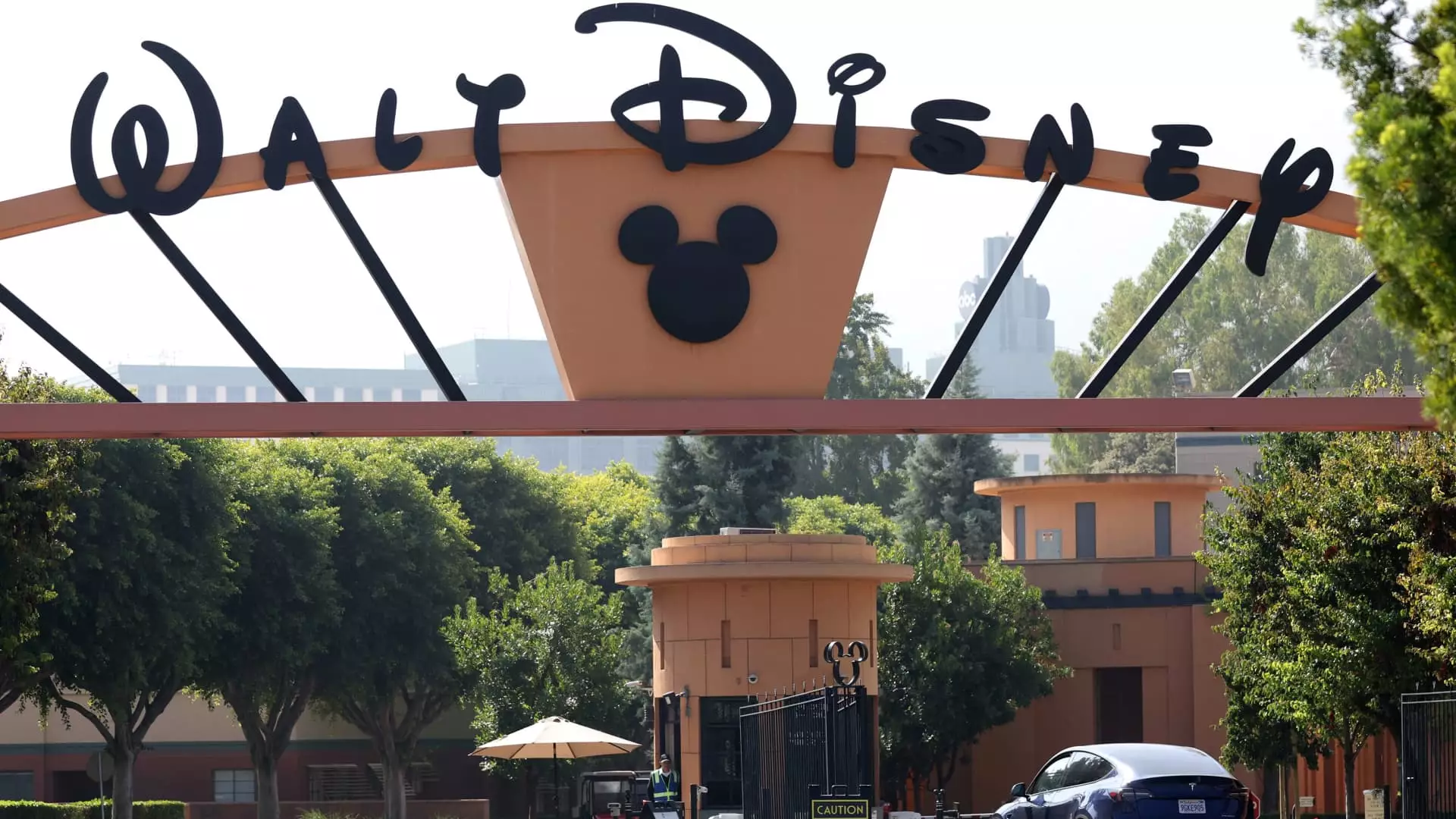In an unexpected and controversial move, the Federal Communications Commission (FCC) has set its sights on the Walt Disney Company, particularly its ABC unit, sparking concerns over the future of diversity, equity, and inclusion (DEI) efforts in corporate America. The FCC has raised the alarm about potential violations of equal employment opportunity regulations, arguing that Disney’s DEI strategies may inadvertently promote discriminatory practices. This inquiry reveals the ongoing battle over what constitutes fairness in the corporate landscape, and it underscores the grave consequences such investigations can pose for companies striving to cultivate diverse and inclusive environments.
It is imperative to recognize that this scrutiny arises amidst a broader political climate. The investigation follows a directive from former President Trump, who sought to dismantle DEI initiatives in favor of a more traditional view of corporate governance. The political motivation behind these probes raises an essential question: Are we witnessing a genuine regulatory effort to ensure equality in the workforce, or is this simply a populist coup against the progressive movement towards inclusivity? The delineation is critical for the ongoing discourse around DEI.
The Larger Context of DEI Initiatives in Corporate Culture
Disney, with its rich legacy of storytelling and cultural influence, stands at a crossroads. As FCC Chairman Brendan Carr noted, the company has historically been a staple of box office triumphs and imaginative programming. However, the pivot towards emphasizing DEI initiatives has not been seamless. As the agency embarks on this investigation, it suggests that some integrated aspects of these initiatives could potentially lead to biases masked under the guise of inclusivity.
The controversy reveals a glaring contradiction in the corporate landscape — the push for diversity can sometimes stumble into the very discrimination it seeks to eliminate. While the mission of DEI is critically important, the regulations enforced by bodies like the FCC may need to reconsider the nuances inherent in such initiatives. A rigid enforcement approach can oftentimes swing the pendulum too far in the opposite direction, undermining the spirits of accessibility it aims to foster.
The Dangers of Politicizing Corporate DEI Programs
What happens when political winds shift to challenge the very principles of diversity and inclusion? The inquiry into Disney serves as a harbinger of potential legislative pushback against progressive corporate policies, creating a chilling effect on organizations that dare to lead in this arena. While it is vital to foster a dialogue about what equitable practices look like, politicizing these initiatives invites uncertainty, creating a hostile environment where companies may retreat from bold and necessary changes.
If the FCC effectively forces Disney to scale back or entirely dismantle its DEI programs, it could send ripples throughout the industry, deterring other companies from pursuing necessary practices that enrich workplace culture and the broader social fabric. This coercive atmosphere can hinder progress by making corporate leaders wary about embracing changes that align with modern social values, placing the sustainability of these initiatives at risk.
In essence, the intersection of regulatory oversight and corporate responsibility is fraught with contradictions and challenges. As the lines between the political and corporate spheres blur, organizations like Disney face a pivotal moment, wherein the decisions made could redefine inclusion for generations to come — for better or for worse.



Leave a Reply